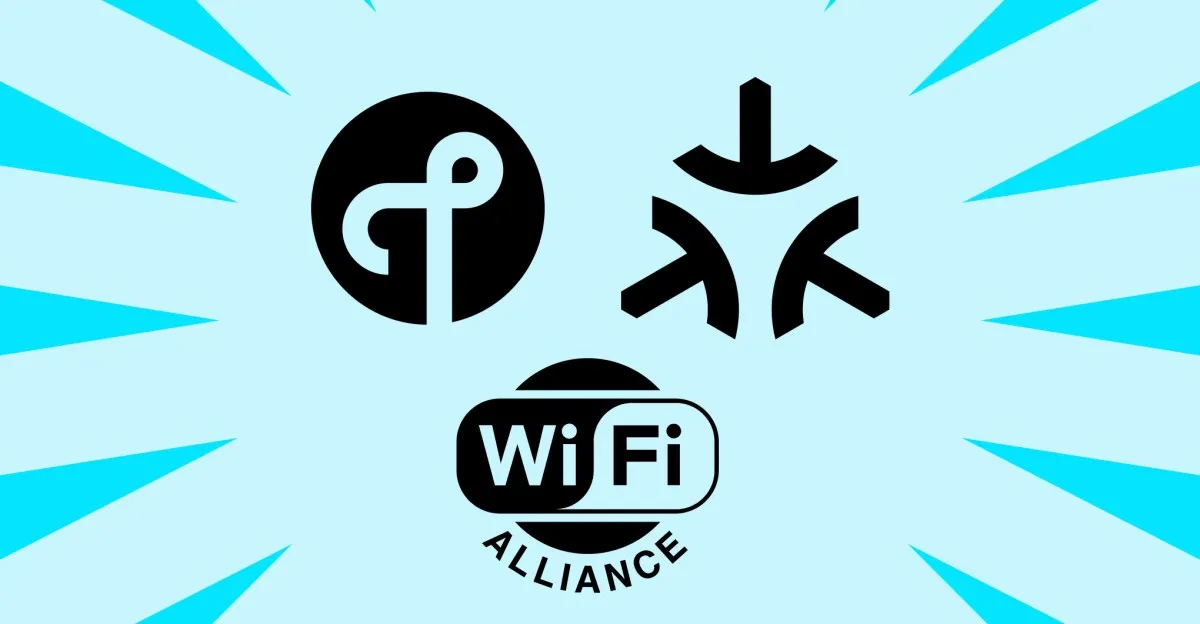
This year, Matter was not about introducing flashy new features; rather, it is centered on addressing existing issues within the smart home ecosystem. With the anticipated support for security cameras arriving this fall, 2025 is shaping up to be a pivotal year for smart home standards. The recent announcement of Matter 1.4.2 marks a significant stride forward in this initiative, as the Connectivity Standards Alliance (CSA) aims to enhance reliability and performance across various platforms.
In January, Tobin Richardson, the president and CEO of the CSA, emphasized that this year would focus on resolving reliability and performance challenges within the smart home ecosystem. Now, as we approach the midpoint of 2025, the CSA appears committed to fulfilling this promise, demonstrating readiness to encourage platforms to collaborate more effectively and adopt new specifications sooner.
The release of Matter 1.4.2 is an unexpected second dot release following the earlier introduction of 1.4.1 this year. These smaller updates are specifically designed to tackle reliability and stability concerns. The latest update introduces enhanced standardization across devices, ensuring that they function uniformly whether using Amazon Alexa, Apple Home, Google Home, or any other Matter-compatible platform. This means improved communication between devices, resulting in fewer random disconnections and quicker response times.
One of the critical aspects of reliability in the smart home starts with your Wi-Fi router. Matter 1.4 added home routers and access points to its framework, and the latest specifications lay the groundwork for Matter ecosystems to automatically optimize router settings. This optimization will help ensure that devices maintain a reliable connection to the network, managing multicast traffic and storing Thread network credentials for seamless connectivity.
The updated specifications include minimum requirements for router capacity, mandating support for at least 150 Thread devices and 100 Wi-Fi devices. Furthermore, the inclusion of Target Wake Time will help battery-powered devices conserve energy, enhancing the overall efficiency of the smart home network.
Another significant change in Matter 1.4.2 is the introduction of Wi-Fi-only commissioning. Previously, Bluetooth was the only method for onboarding devices to Matter, necessitating the inclusion of Bluetooth radios in every device. With Wi-Fi commissioning, manufacturers can forgo the need for Bluetooth, potentially leading to more affordable devices for consumers. The onboarding process remains straightforward: users will still scan the Matter code through their ecosystem app.
The 1.4.2 update brings several network management enhancements aimed at maintaining device connectivity and efficiency. Changes in the frequency and reasons for device check-ins will help reduce network traffic, potentially prolonging battery life for certain devices while ensuring faster response times. Devices that do not require frequent reporting, like water leak sensors, can now remain "asleep" longer without losing their connection.
As security concerns in the Internet of Things (IoT) landscape grow, Matter 1.4.2 introduces significant updates to combat device cloning. Steve Hanna of Infineon explains that the update now allows for revocation of unique IDs for Matter devices. If an attempt is made to add a device identified as cloned or counterfeit, users will receive a warning about its security status.
Matter is a smart home interoperability standard designed to facilitate seamless communication among connected devices without relying on cloud connections. Developed by major tech companies including Apple, Amazon, Google, and Samsung, Matter is an open-sourced, IP-based connectivity layer that supports various communication protocols, including Wi-Fi, Ethernet, and Thread.
Today, Matter supports a wide array of device types, from lighting and thermostats to locks and air quality monitors. A device featuring the Matter logo can be set up and controlled across multiple Matter-compatible ecosystems through a Matter controller. Brands like Amazon Alexa, Google Home, Samsung SmartThings, and many more back Matter, along with hundreds of device manufacturers.
While the improvements in Matter 1.4.2 are promising, their effectiveness hinges on ecosystems and device manufacturers adopting these updates and creating new hardware. The slow uptake of new specifications by major players has been a significant challenge for Matter’s growth. However, Tobin Richardson mentioned that the CSA has implemented fast-track programs to expedite the process of updating to the latest code, potentially leading to quicker adoption.
In conclusion, as Matter continues to evolve, the 1.4 updates signal a concerted effort to enhance the interoperability of smart home devices, providing better tools for manufacturers and improved user experiences. The hope remains that the industry will embrace these advancements, leading to a more robust and reliable smart home environment.